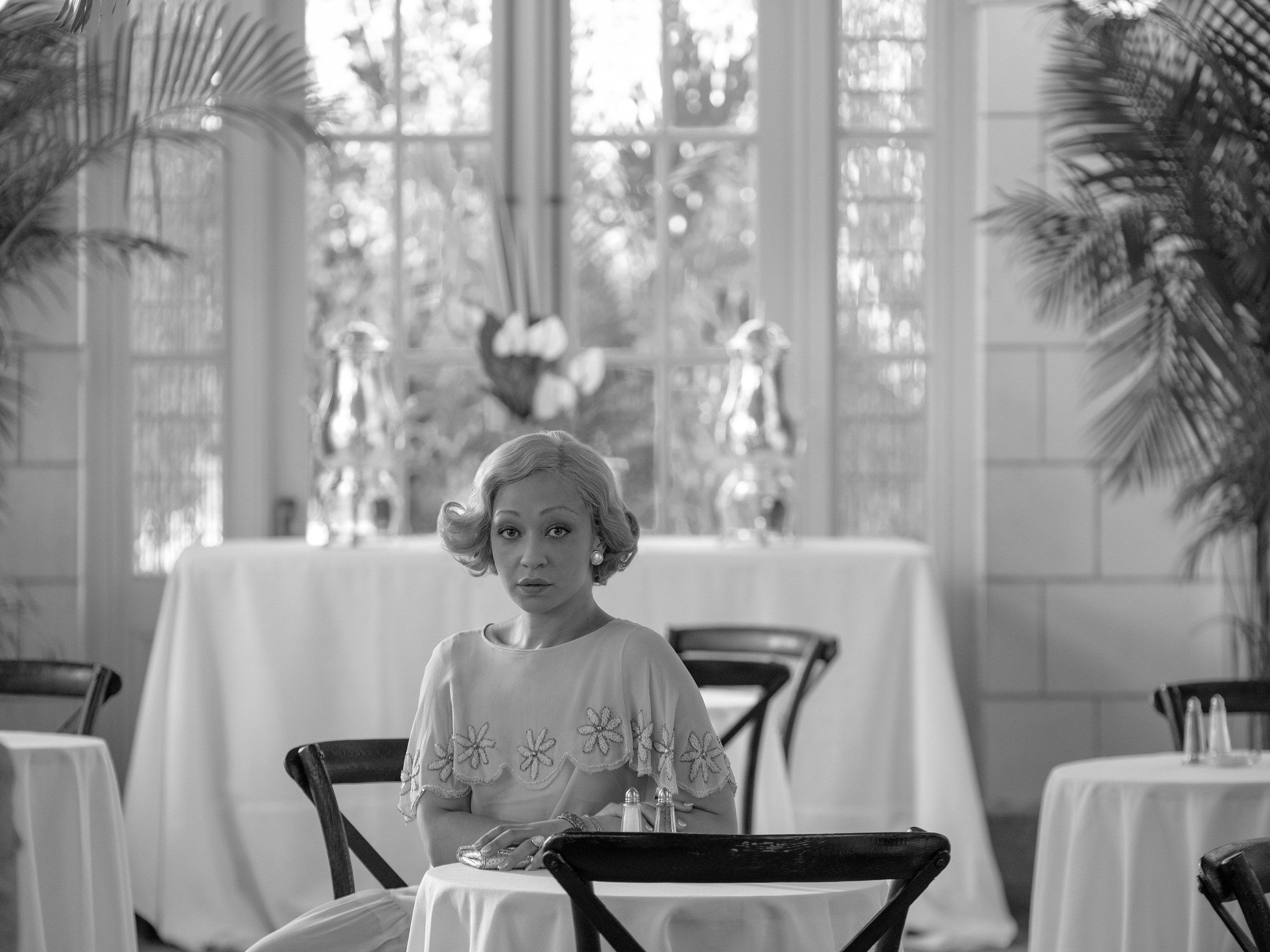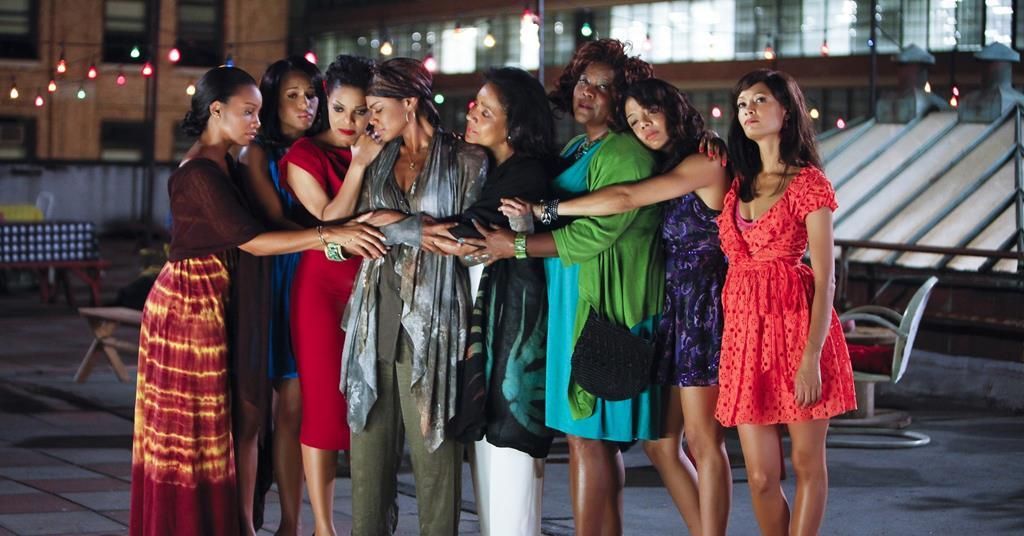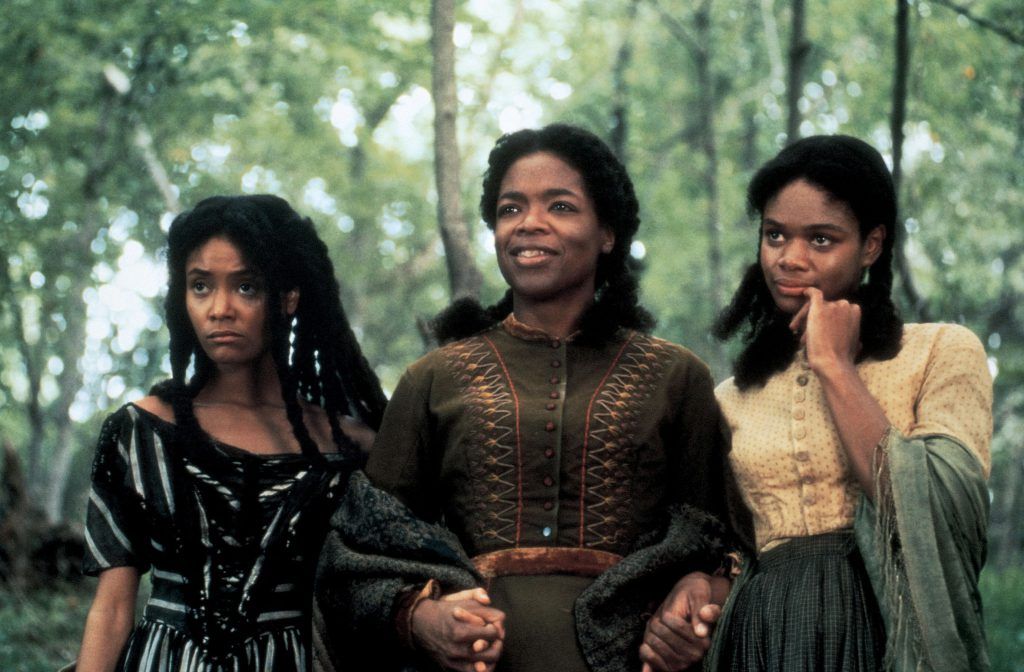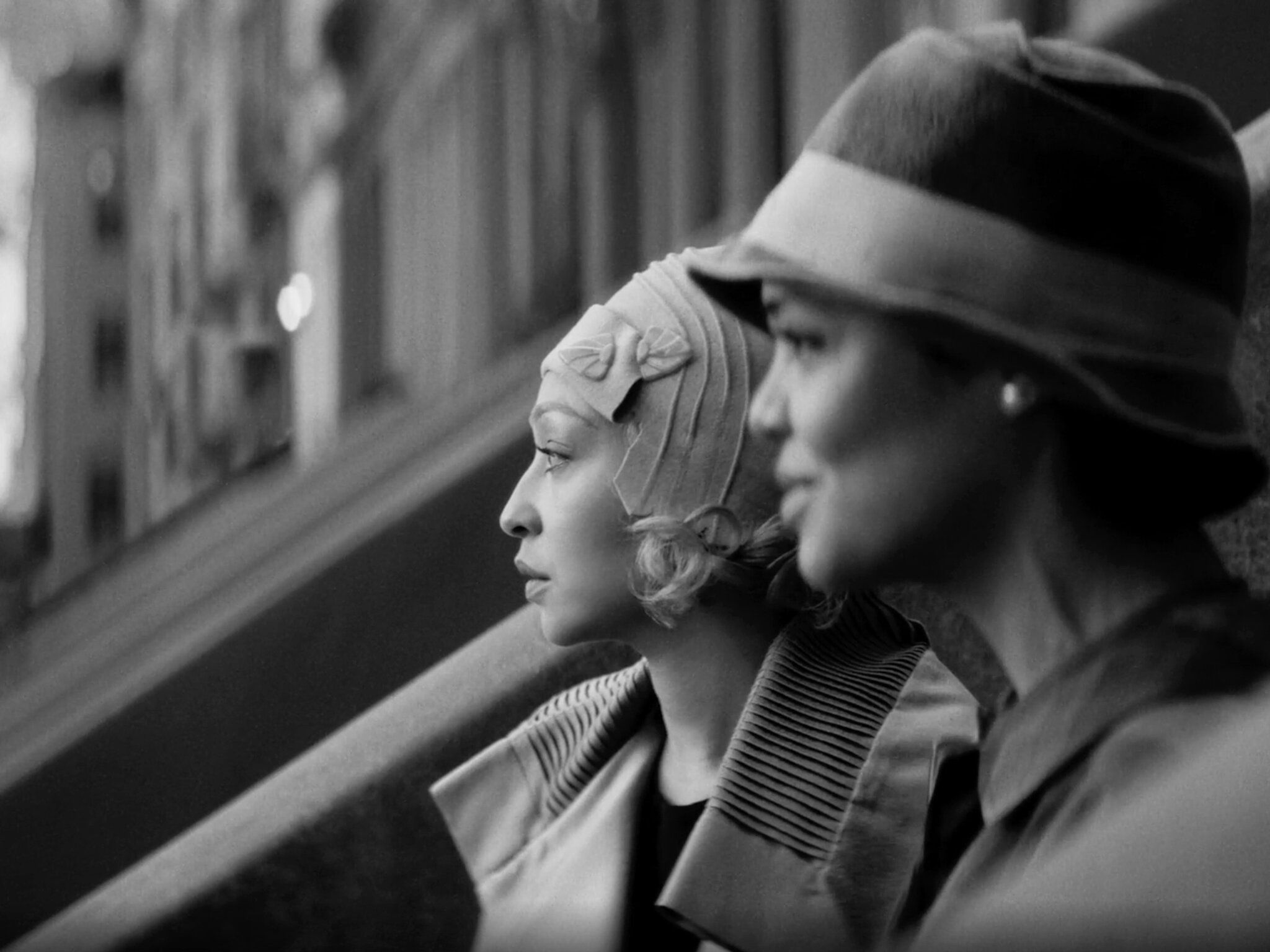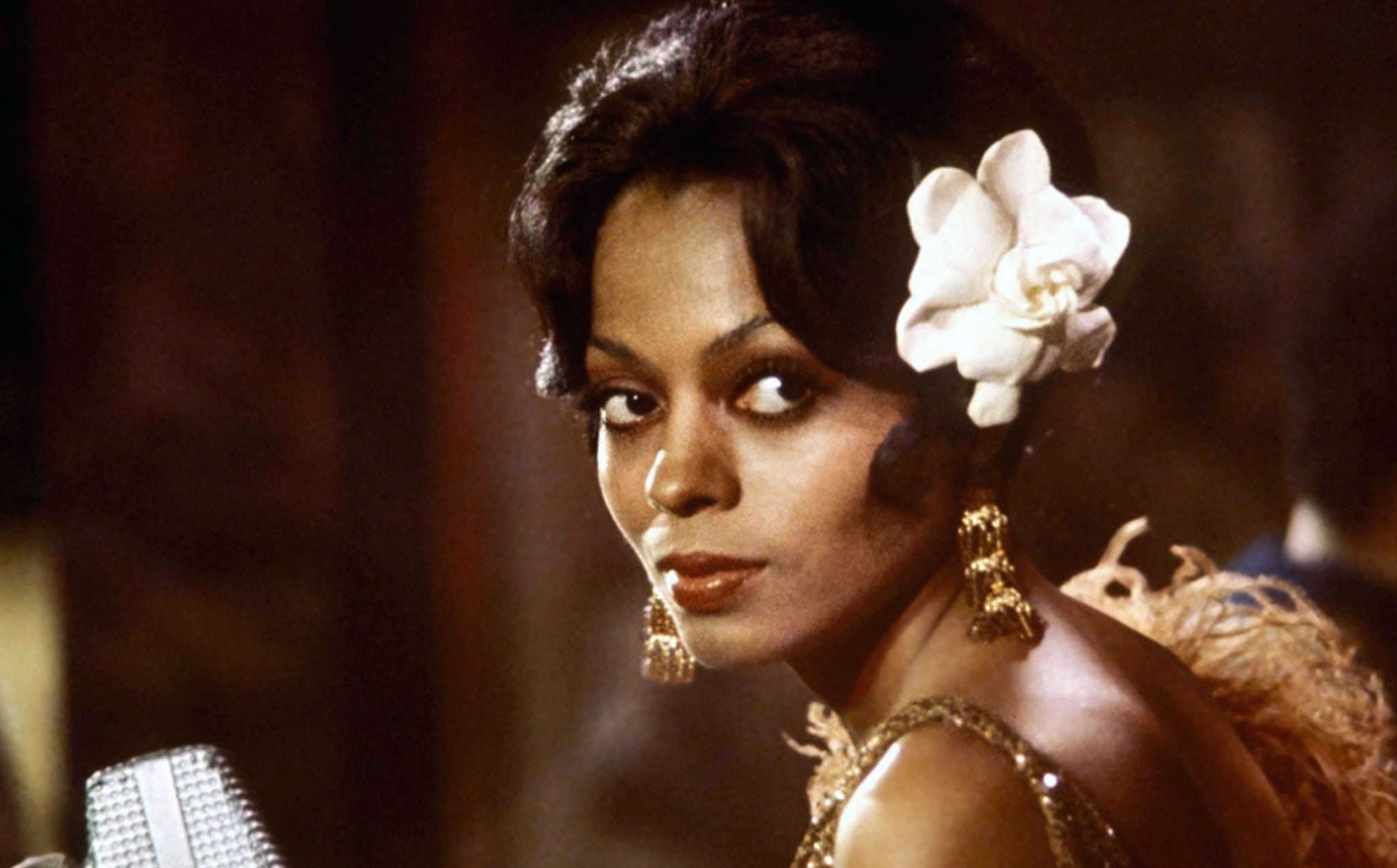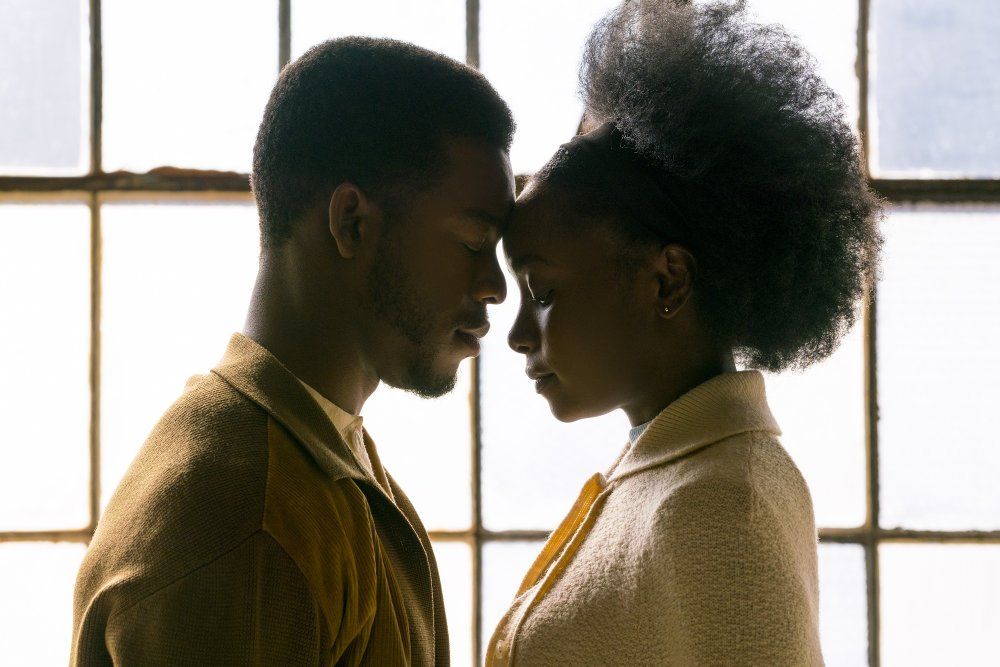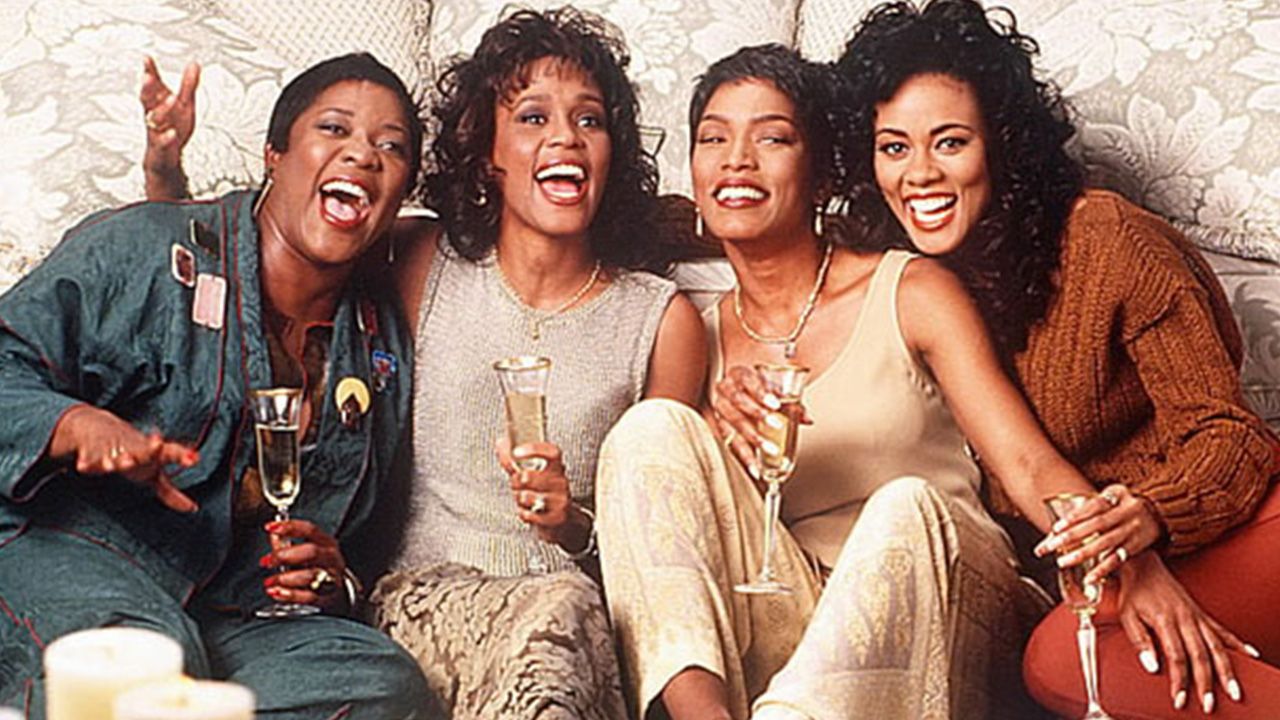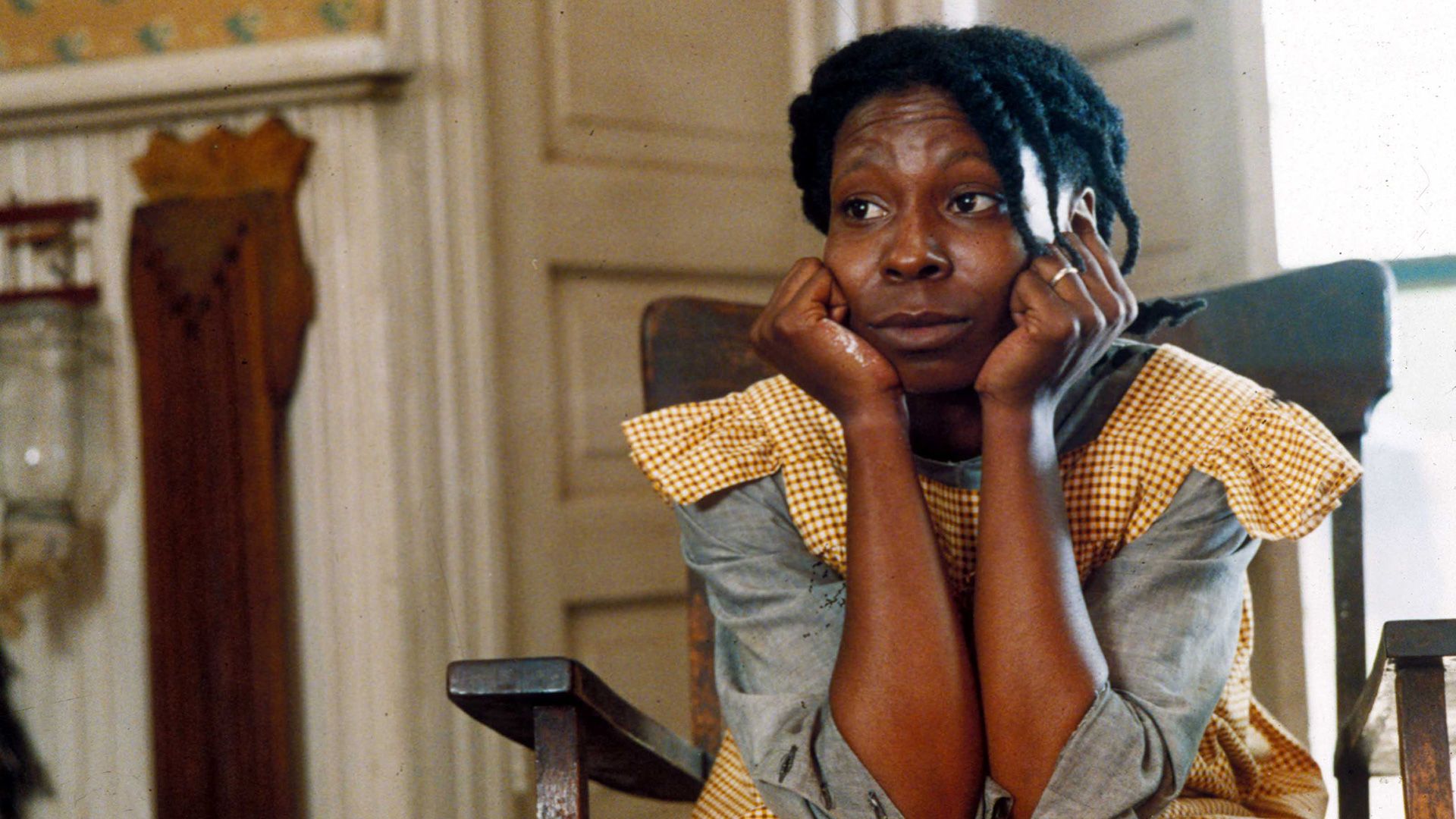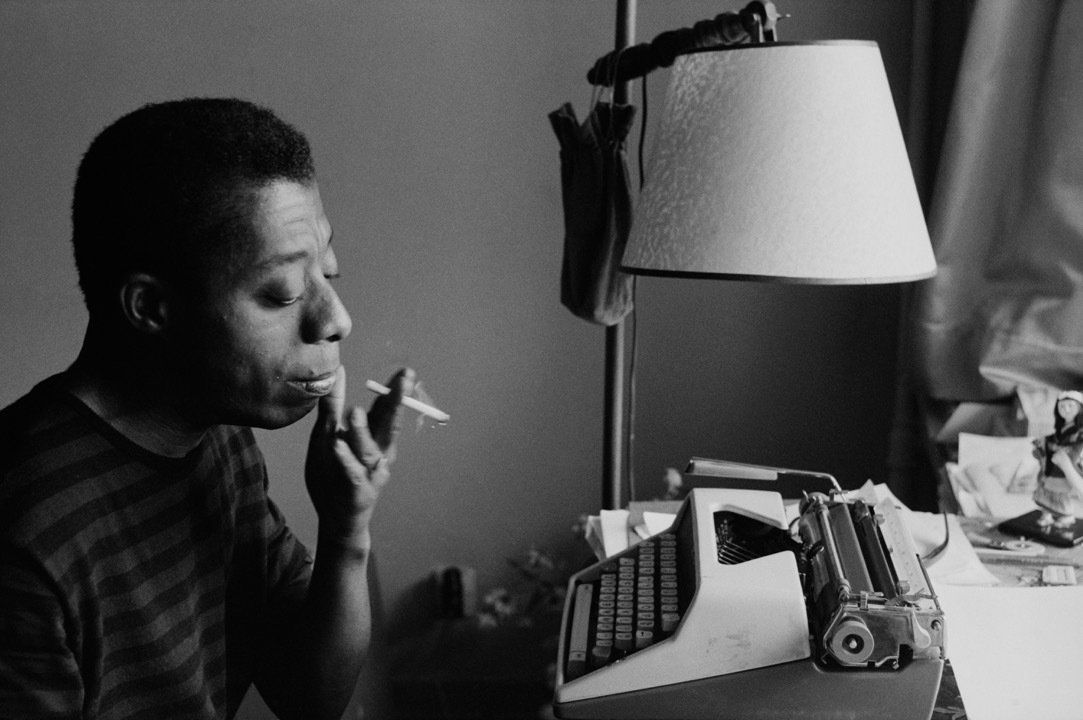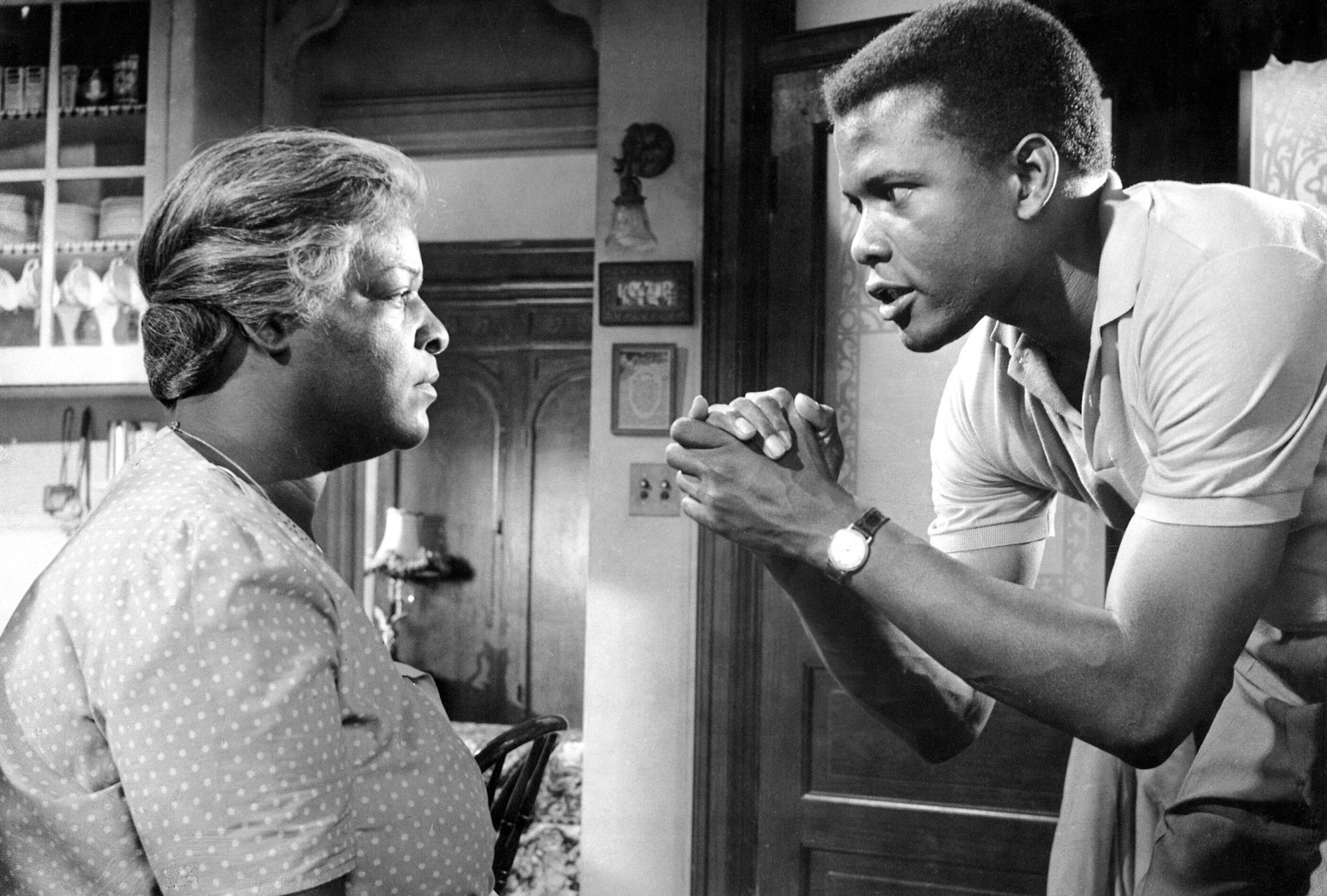Black literature, although it is only starting to get the recognition it deserves, stems from deep literary traditions adapted by the African Diaspora. In African-American literature, distinct periods marked by slavery and the Harlem Renaissance give life to Black suffering and joy, and despite these works being denied larger audiences, they offer a critical perspective into the lives of everyday people. While the personal is always political when it comes to discussions of race in historical and contemporary contexts, the literary and publishing industry plays yet another factor in these topics.
The film industry may be a distant cousin to publishing, but Black movies challenge the status quo. Black literary icons like Toni Morrison, James Baldwin, and Lorraine Hansberry left behind treasure troves of novels, essays, poems, and plays. And it was these writers who wrote authentically, drawing from their own experiences of discrimination and racism. While they only represent a sliver of the Black Diaspora experience, cinematic adaptations of their work have helped bring Black stories to the public eye. These are the best movie adapted from Black literature.
9 For Colored Girls
Tyler Perry’s 2010 movie For Colored Girls was adapted from choreographer and playwright Ntozake Shange’s For Colored Girls Who Have Considered Suicide / When the Rainbow is Enuf. This piece is a theatrical poem that incorporates dance and poetic monologues to tell the stories of seven different women. Perry’s movie has ten women telling their stories, not seven, but the impact is still there. Despite negative reviews about the screenplay and lack of direction, For Colored Girls presents a platform for a group of Black women’s stories to be heard and justified.
8 Beloved
Toni Morrison’s Beloved was adapted into a movie in 1998 and featured the likes of Oprah Winfrey and Danny Glover in the lead two roles. Beloved is one of the best novels to have come out in the 1980s, so it seemed obvious there would one day be a movie version. The film was a box office bomb, as it only garnered $22.9 million during its run, but perhaps that is because this is a difficult story even when it is within a book. The movie unfolds in a nonlinear format, adding even more confusion to those unfamiliar with the source content, but Beloved is a complex film worth screening at least once.
7 Passing
The author of Passing, Nella Larsen, knew the story she was writing all too well. Larsen was mixed-race, the daughter of a Danish immigrant and Afro-Caribbean, and lingered between the two different worlds in her lifetime. Passing is shot in black and white, making gray areas when it comes to defining what or who someone or something is. When Irene Redfield (Tessa Thompson) meets an old childhood friend (Ruth Negga), she discovers her friend chooses to live passing as a white woman. It is a quiet movie, but it does pack a lot of thought-provoking content within its run time.
6 Lady Sings the Blues
A more recent Billie Holiday movie, Billie Holiday vs. The United States, was released on Hulu, but 1972’s Lady Sings the Blues was directly adapted from Holiday’s autobiography of the same name. Holiday is portrayed by Diana Ross, who was in her feature film debut, and she was nominated for an Academy Award for Best Actress due to her performance. The movie tells the story of Holiday’s life, even parts that are not as pretty: the drug addiction, sexual abuse, being an African-American woman before Civil Rights, and much more. Holiday did not live to see Civil Rights or this movie, as she died tragically young in 1959, but her legacy lives on.
5 If Beale Street Could Talk
If Beale Street Could Talk is adapted from James Baldwin's fifth novel of the same name. Tish (Kiki Layne) and Fonny (Stephan James) are a young couple living in New York City during the 1970s, which means that they will face an endless amount of racism and discrimination in their everyday lives. As Tish discovers she is pregnant, their lives are upended as Fonny is falsely accused of rape. If Beale Street Could Talk was inspired by Baldwin's own experiences growing up as a young man in Harlem, and how he returned to New York after living in Paris and learned that not much changed in his absence.
4 Waiting to Exhale
Waiting to Exhale stars legends Whitney Houston and Angela Bassett. The movie follows four women living in Arizona and their quests to find relationships with men that will leave them feeling fulfilled with their lives. They often meet to vent their frustrations and deepest desires, allowing them the chance to escape from their busy lives and find outlets and encouragement with each other. The movie is based on the book Waiting to Exhale by Terry McMillan, a novelist known for writing about the Black female experience in America.
3 The Color Purple
Steven Spielberg’s The Color Purple was adapted from Alice Walker’s 1982 novel from the same name and had a stacked cast with Danny Glover, Oprah Winfrey, Whoopi Goldberg, and many more. Goldberg became known for her role in this movie: she portrays Celie, a young woman who has been heavily abused. Walker ensured that she maintained a role in the process of creating the movie, as she was concerned about Hollywood taking her novel and turning it into something that harmed the community.
2 I Am Not Your Negro
James Baldwin never had the chance to finish his manuscript Remember This House, which was a series of essays based on his experiences with civil rights leaders. The manuscript never saw the light of day, although his publisher sued to try and get the advance back, I Am Not Your Negro offers Baldwin’s searing commentary—most of which is still applicable now, years after his death. It weaves together documentary footage and interviews of Baldwin explaining his ideas and thoughts on being Black in America, juxtaposing it against his written word and current events.
1 A Raisin in the Sun
Lorraine Hansberry became the first Black person, fifth woman, and youngest playwright to win the New York Drama Critics’ Circle with her 1959 play A Raisin in the Sun. The play was inspired by Hansberry's life, as her family was involved with the Supreme Court case Hansberry vs. Lee, which dealt with land ownership and whether a Black family could live in a white neighborhood. This experience is what A Raisin in the Sun is based on. Sidney Poitier stars as the eldest son of the family. As they wait upon a life insurance check for $10,000, they dream about what the money could be used for.

